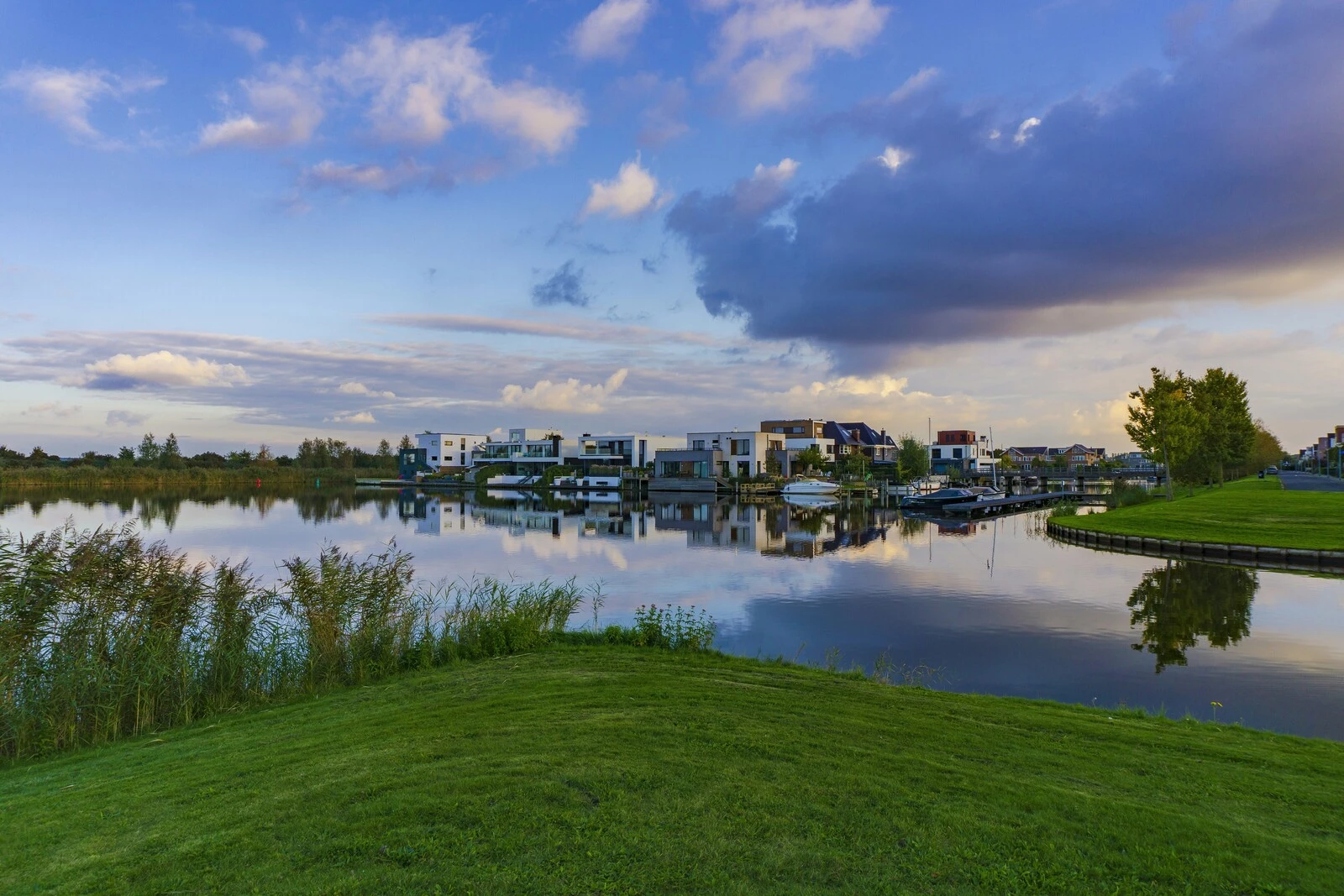Written by: Victoria Masterson
Cities play a critical role in decarbonization efforts, which aim to reduce greenhouse gas and other emissions to net zero.
But they can’t do it alone. That’s why 40 mayors and governors in the C40 network, which exists to tackle the climate crisis, have called for City leaders multilateral development banks (MDBs) to provide essential support.
In an open letter to the presidents of 10 global and regional MDBs, the mayors asked them to help by:
1. Including urban climate action and finance in the bank’s corporate and climate strategies.
2. Integrating cities and urban climate action in the country and sector assistance strategies.
3. Developing specific urban climate action programmes providing: technical assistance for project preparation and implementation; scaled-up concessional MDB finance; and enhanced support for private finance mobilization.
Reinventing Cities, a global competition run by C40, showcases some of the efforts cities are taking to decarbonize – which could be replicated globally with greater financial backing.
Fifteen cities developing sustainable zero-carbon and resilient urban projects are featured this year – here’s an introduction to their wide-ranging green plans.
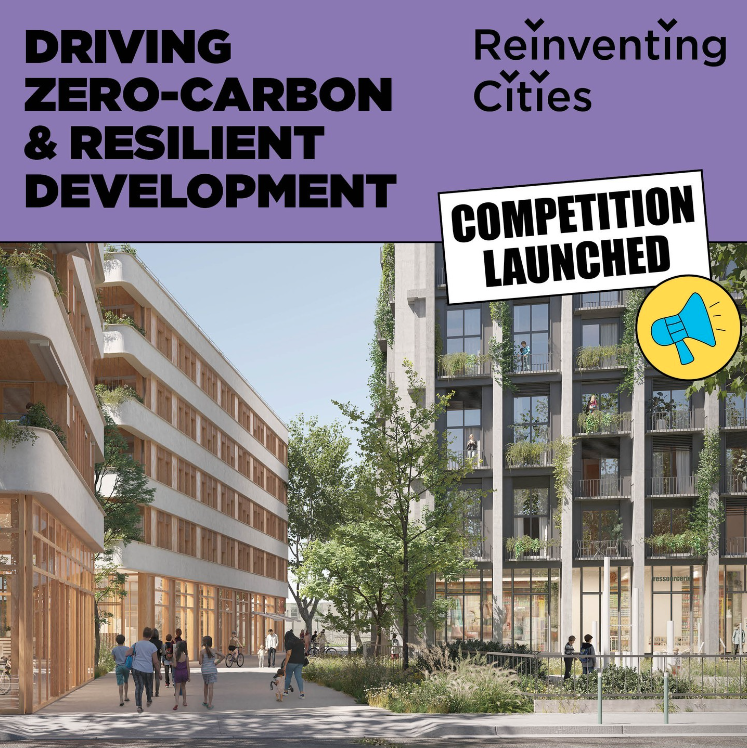
1. Almere
The city of Almere, to the east of Amsterdam in the Netherlands, is transforming an underused area of land into a zero-carbon urban renewal project providing houses and workspaces for the local community.
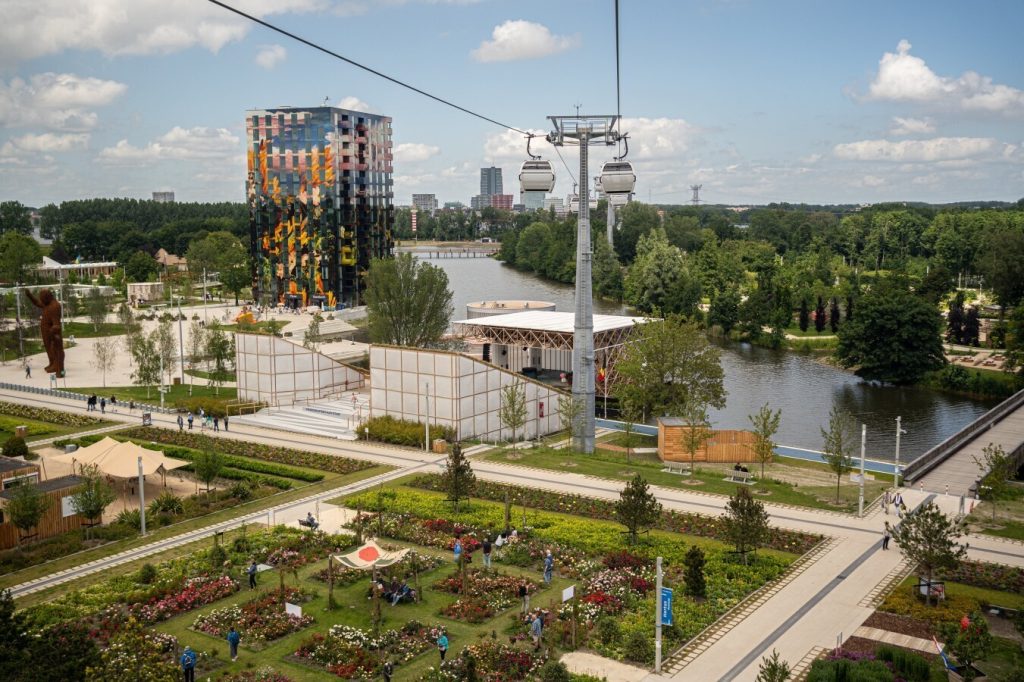
2. Bilbao
In Spain, the historic Venerable Priests Residence, Bilbao is to be revitalized as a pioneering centre of sustainability and inclusion, with a central focus on gastronomy.
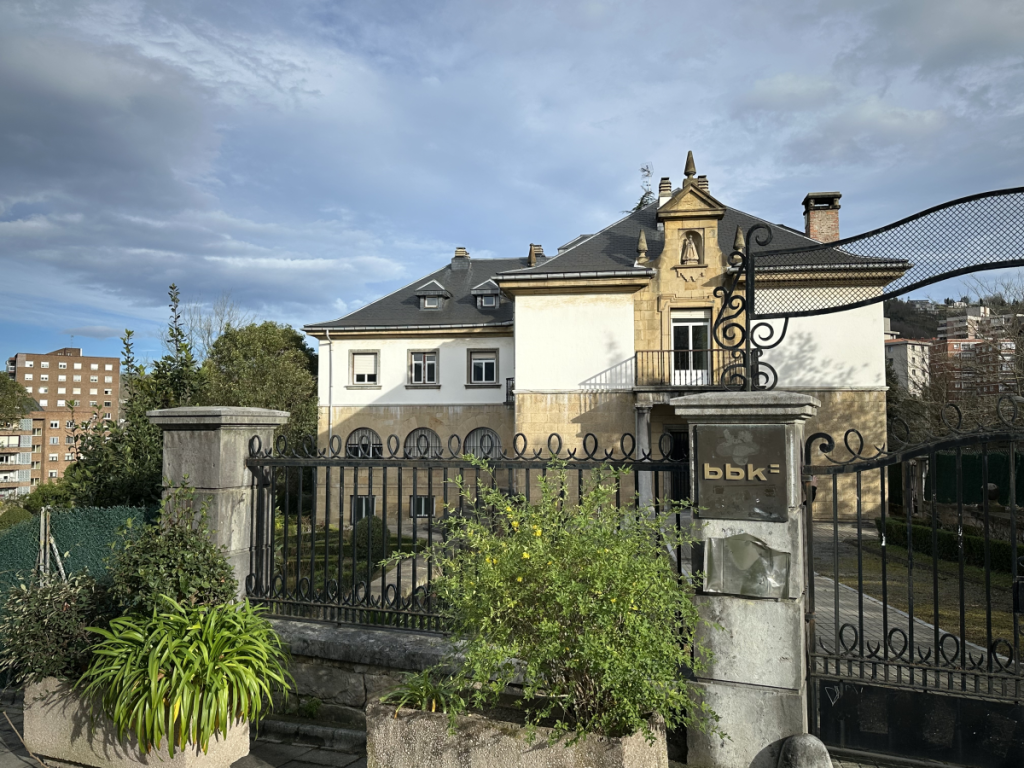
3. Bologna
On the eastern outskirts of Bologna in Italy, part of a former military barracks area is being regenerated to include public spaces, new services and inclusive housing designed to support young people and students.
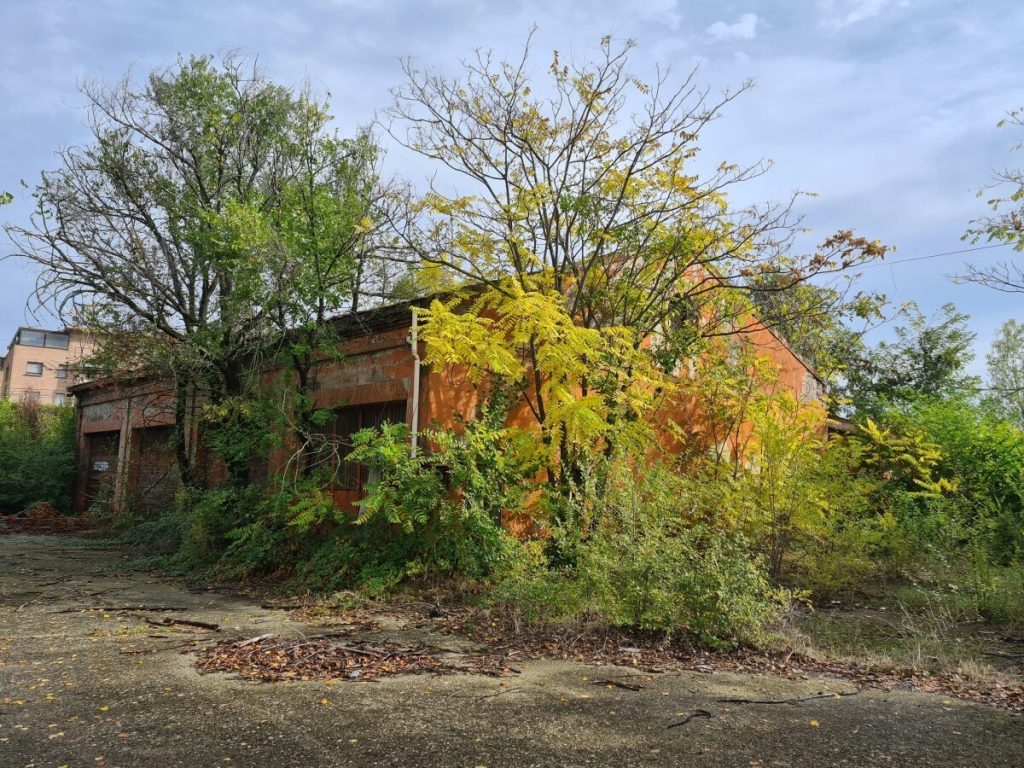
4. Brussels
Belgium’s capital city, Brussels, is developing a site that includes vulnerable communities into a mixed-use development with “exemplary” sustainability credentials. Mixed-use developments are plans for multiple uses, including homes, businesses, and cultural activities.
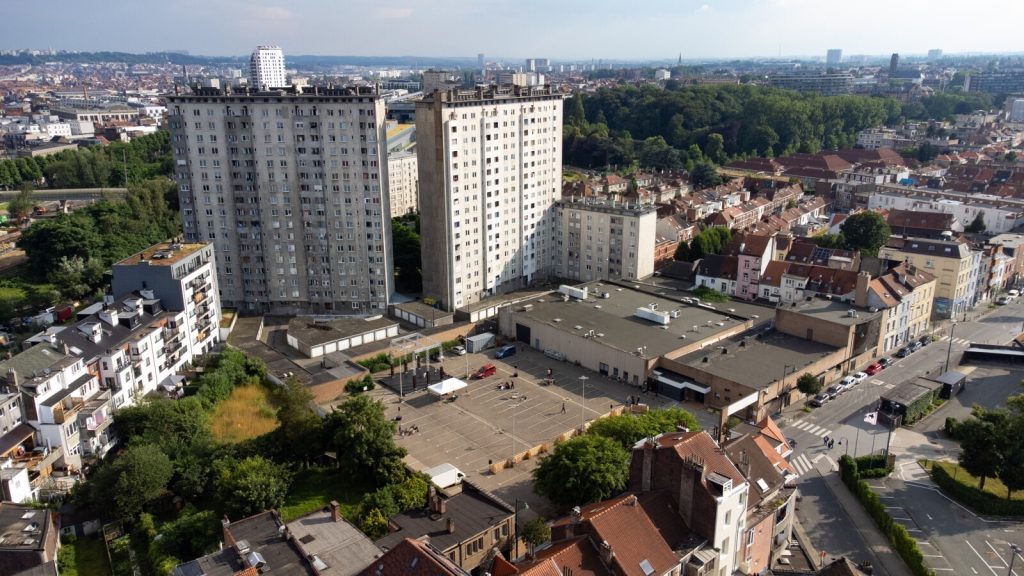
5. Glasgow
Glasgow in Scotland plans to regenerate two sites along its canal into new neighbourhoods, developed with nature conservation and environmental resilience in mind.
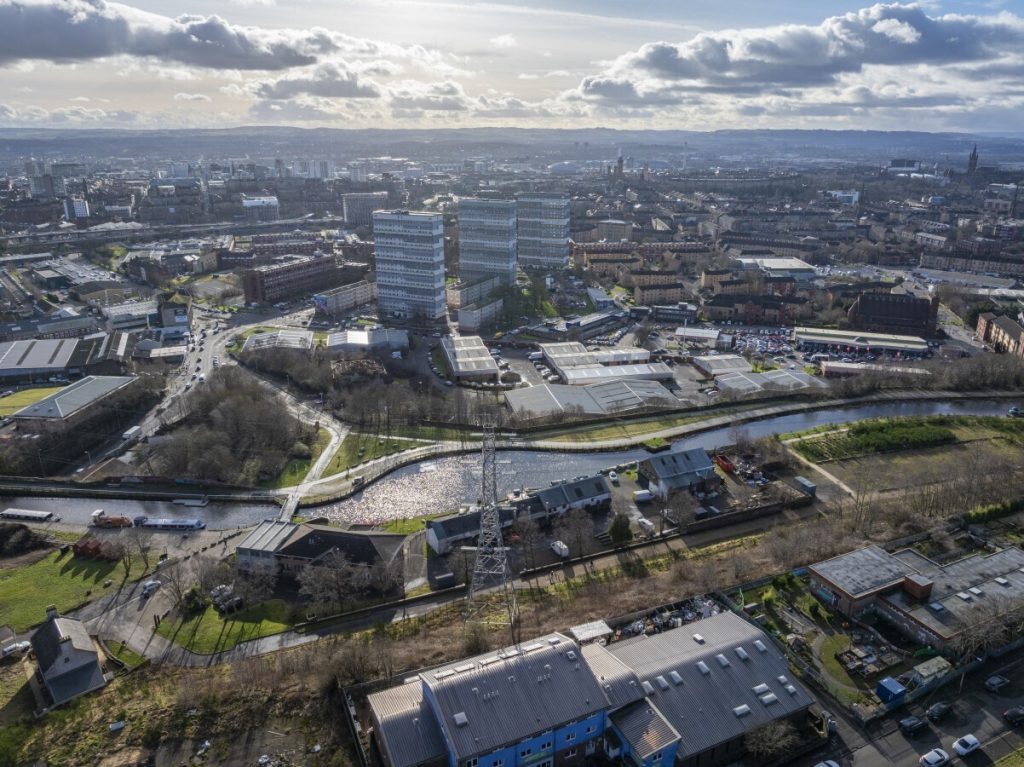
6. Milan
A primary school and gym in Milan, Italy, will be transformed into a new urban area that showcases innovative carbon reduction, circular economy and climate adaptation approaches.
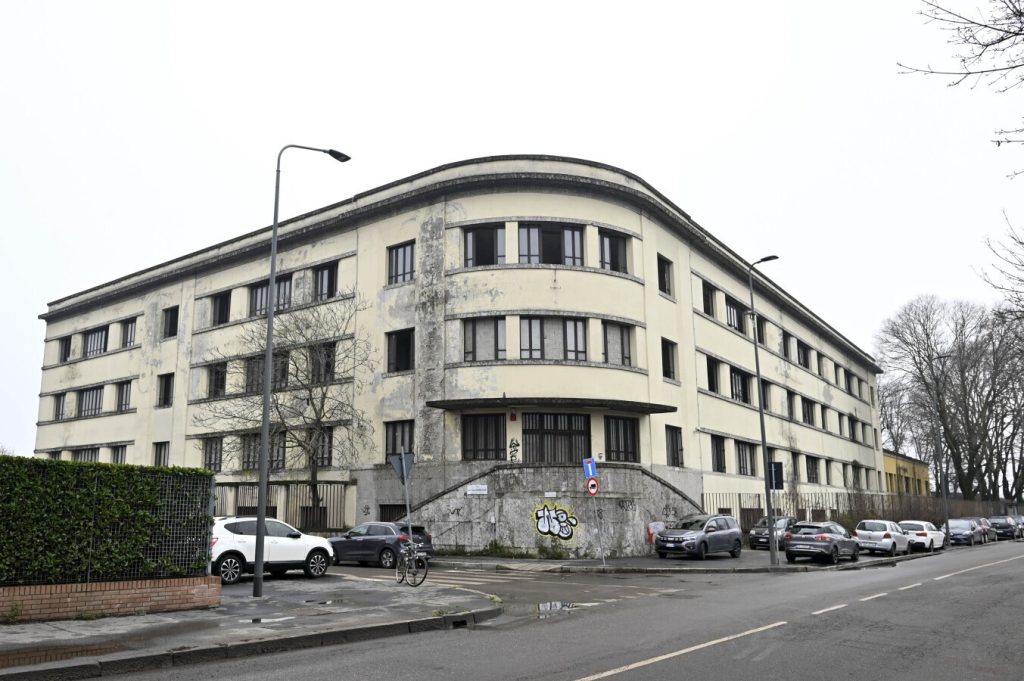
7. New York
The US city of New York plans to transform unused rooftop spaces into places that generate green energy and “good, healthy food”.
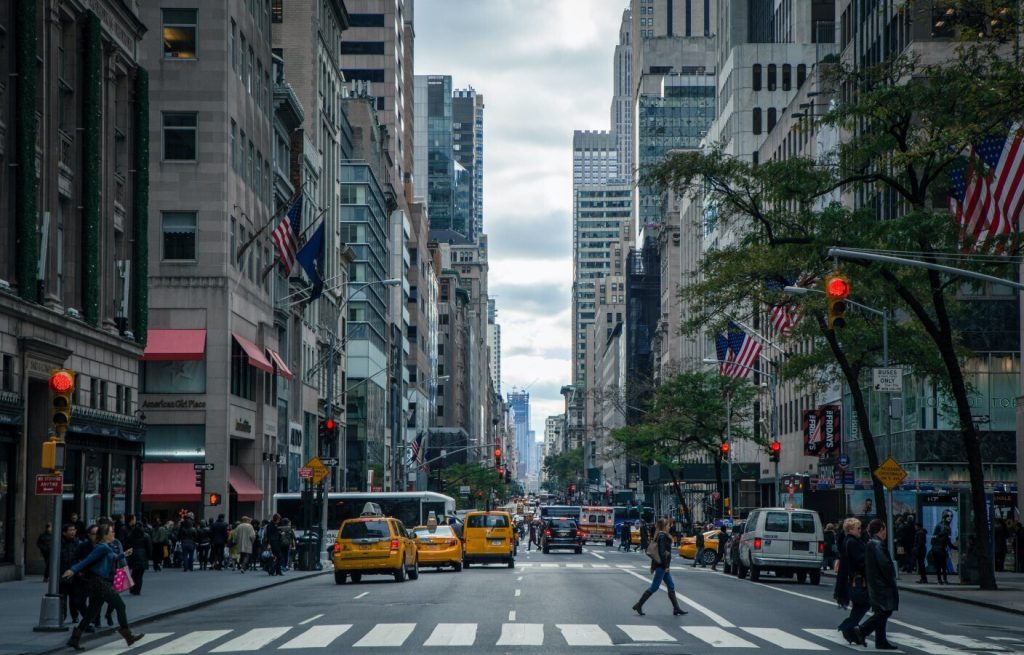
8. Palermo
In Palermo, Italy, the site of a former chemical factory will become a new area with low environmental impact and a range of uses, such as tourist accommodation facilities and sports, leisure, cultural and craft activities.
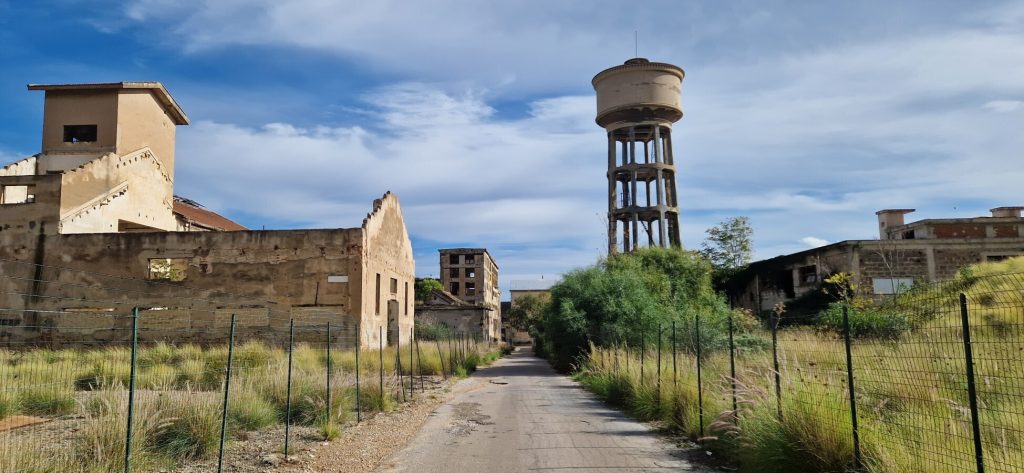
9. Renca
Renca, a commune in the suburbs of Santiago in Chile, is developing an area of land to attract businesses with a focus on the circular economy, eco-design and environmental technologies and training.
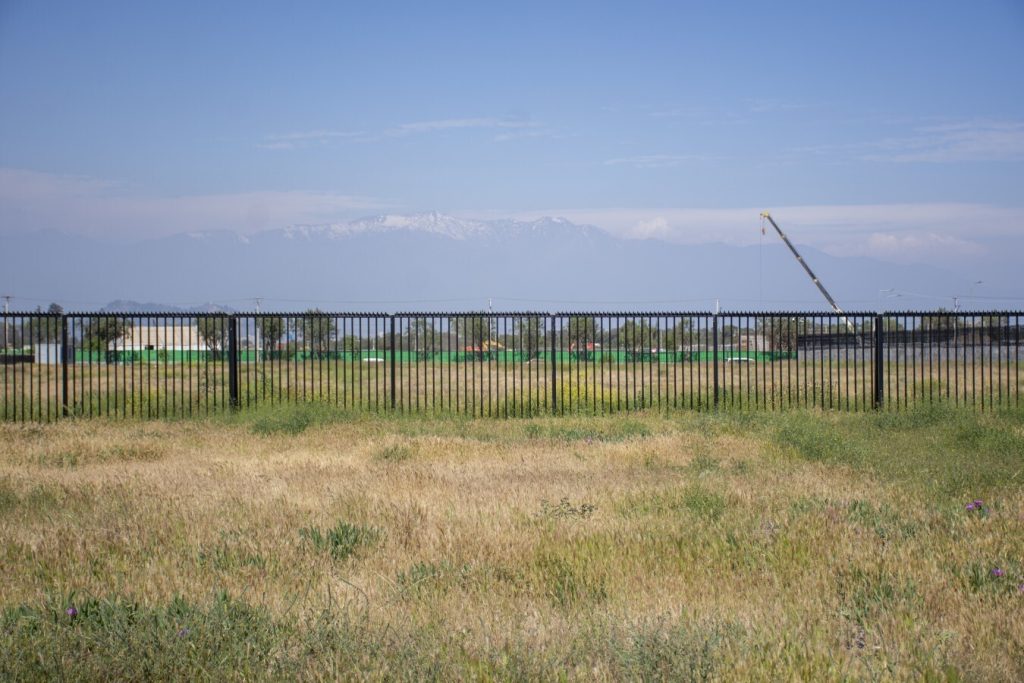
10. Rome
Rome, Italy’s capital city, plans to regenerate a 1930s public building into an urban renewal hub focused on environmental sustainability, energy efficiency and sustainable construction.
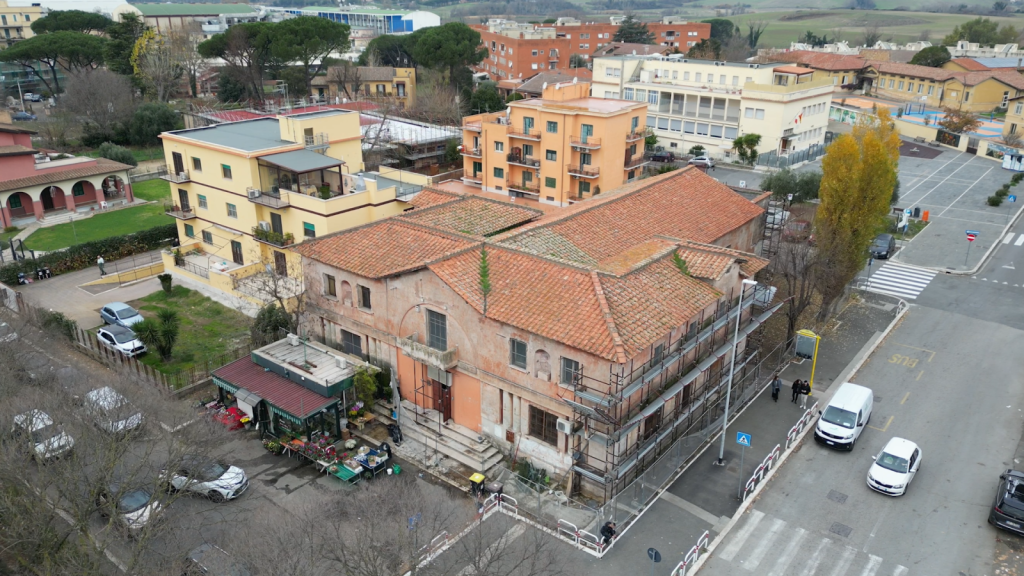
11. San Antonio
San Antonio, in the US State of Texas, plans to reinvest in existing buildings to create a “first-of-its-kind” circular economy campus focused on cultivating a green workforce, improving public health and advancing affordable housing repair and production.
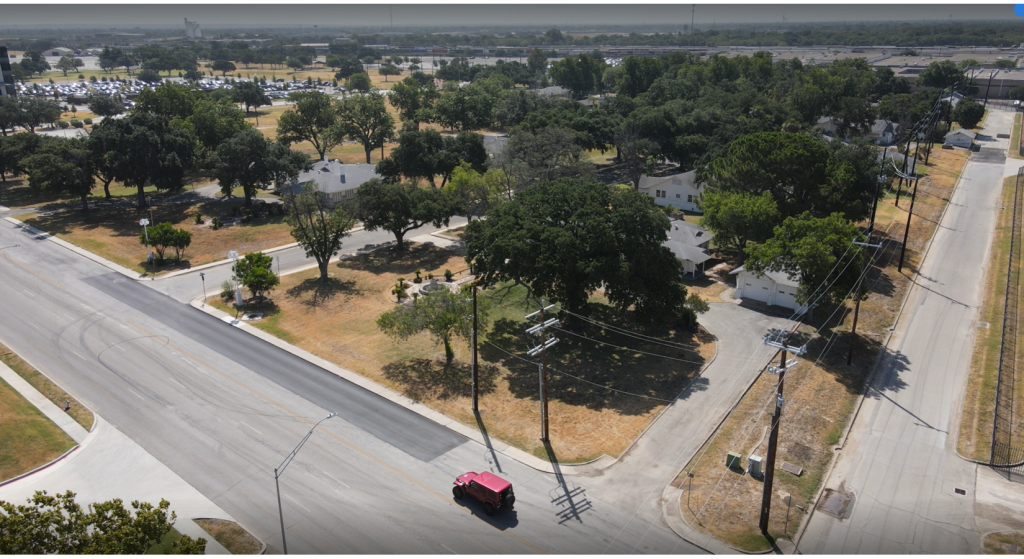
12. San Francisco
Several underused downtown buildings in the Californian city of San Francisco, US, are being transformed into “reimagined and sustainable spaces”, for both housing and commercial use.
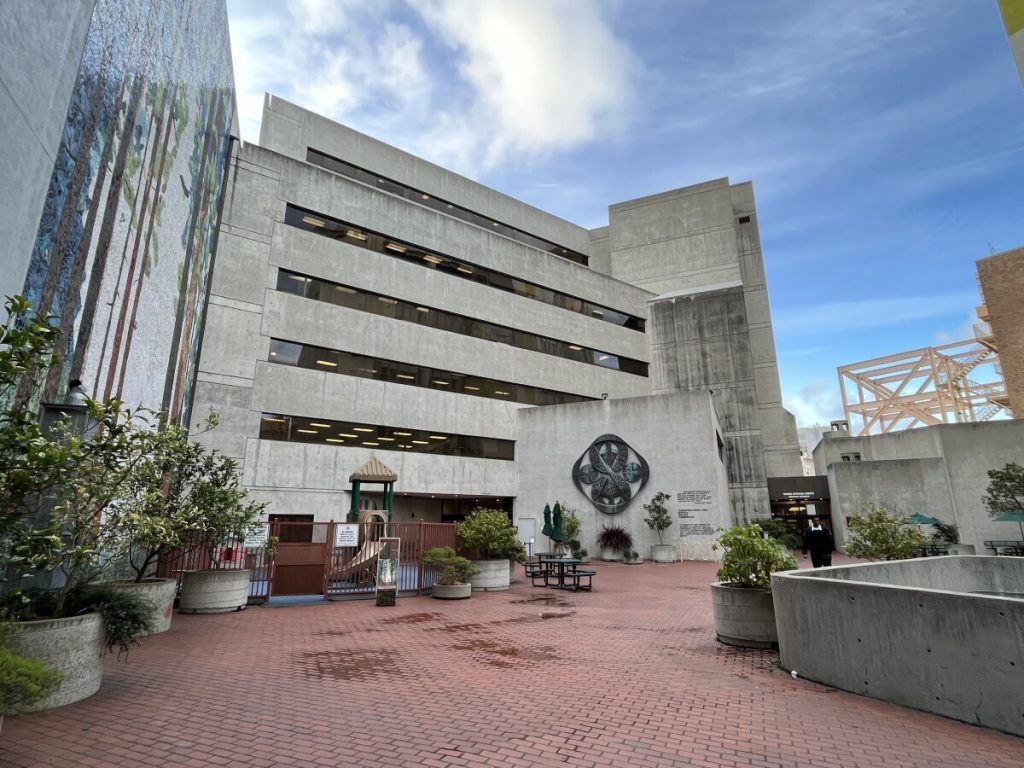
13. São Paulo
São Paulo in Brazil plans to develop healthier and more welcoming public spaces that help the city tackle its environmental and social challenges.
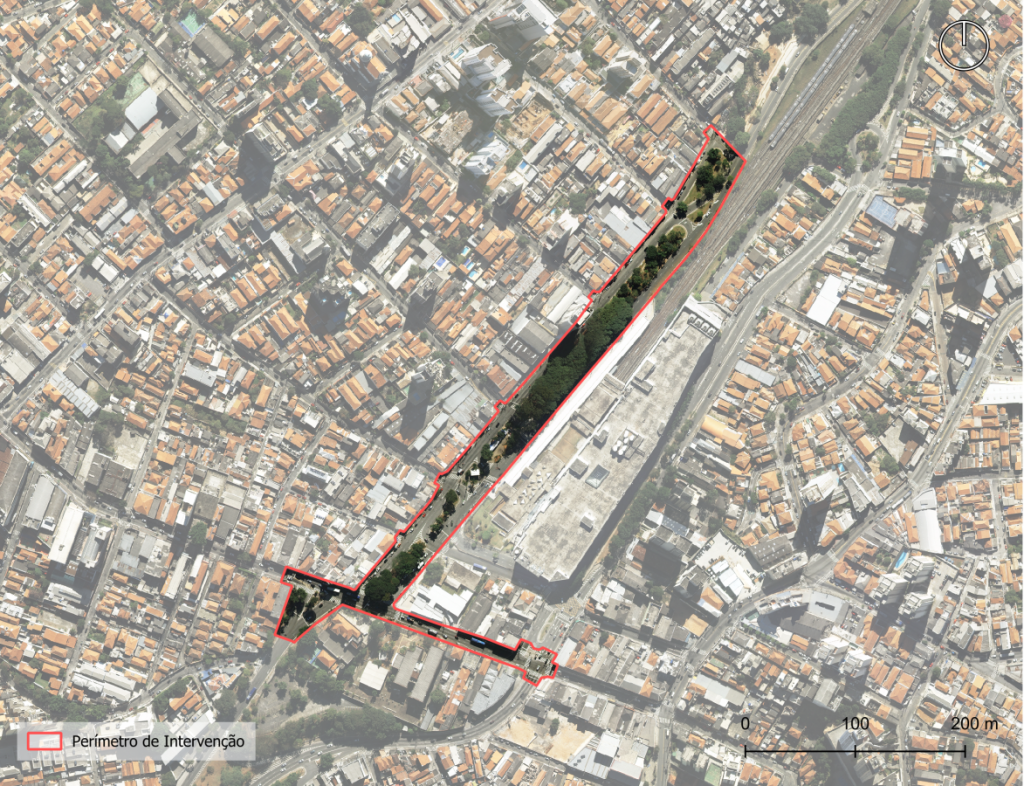
14. Seattle
Seattle, in the US State of Washington, plans to redevelop a former shipping site into an area that supports the city’s downtown recovery. Green services and maritime training are among the facilities it plans to host.
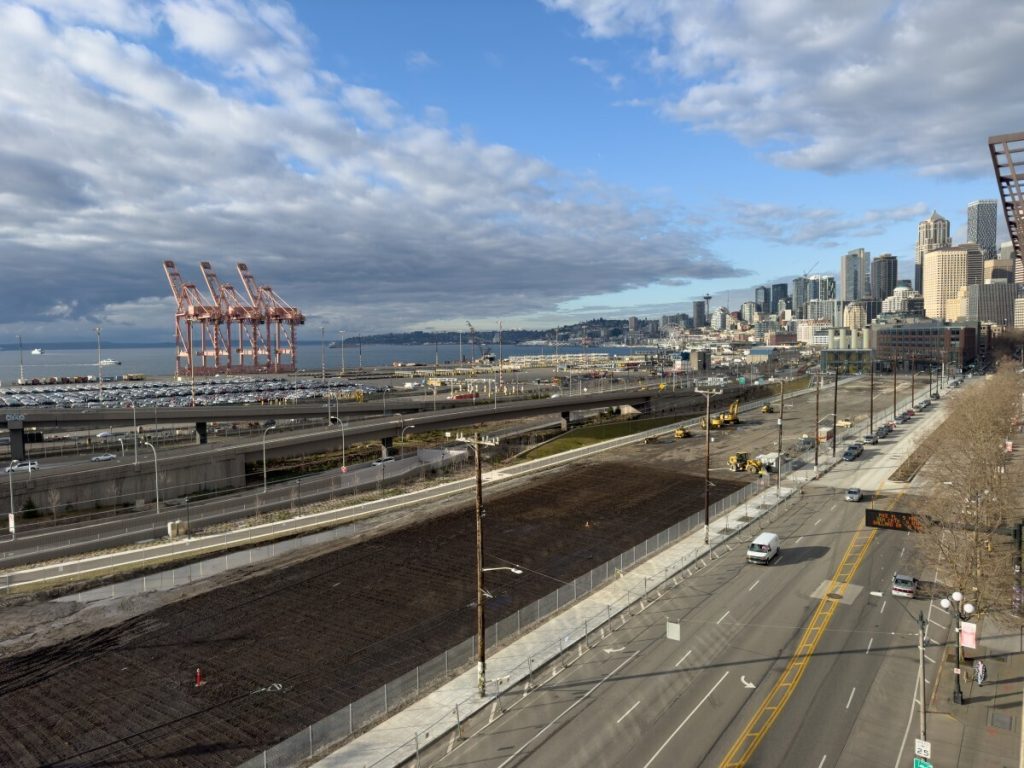
15. Venice
A 17th-century fortress in Venice, Italy, has been selected for conversion into a new community site – to be developed in line with low-carbon principles and offering cultural, museum, sports and other activities.
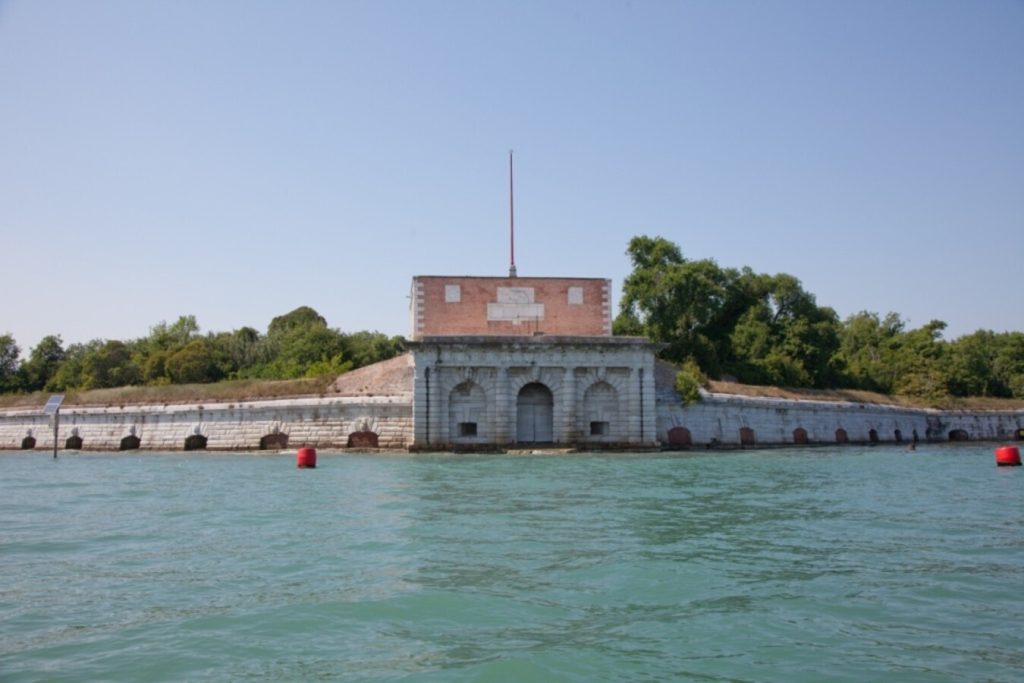
Cities need zero-carbon plans for the future
Sustainable and inclusive urban development is the core focus of the Global Future Council on the Future of Cities – a World Economic Forum initiative dedicated to helping cities become greener, more climate resilient and also more affordable.
Cities are responsible for more than 70 percent of global carbon dioxide emissions, the Forum says. And by 2050, they will also be home to 70 percent of the world’s population – with much of this expansion taking place in the developing world.
These factors make cities extremely vulnerable to the effects of climate change, and it’s therefore imperative that all urban areas drive climate innovation, adaptation, and resilience.
Header Image Credit: Unsplash/Daria Nepriakhina
Republished with permission from World Economic Forum

